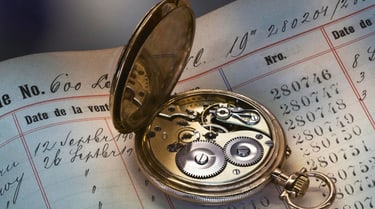收藏家论坛

收藏家论坛
想要探讨最新表款、IWC万国表古董表及其功能、历史或构造吗?登录并加入IWC万国表收藏家论坛吧。在此还可以查看文章和访谈等独家内容。请注意,收藏家论坛为英文版。
请阅读IWC万国表论坛条款及条件

请阅读IWC万国表论坛条款及条件
© IWC 2026 - Version 95.18.2
周一至周日: 09:00 – 21:00
+86 400 0642 999我们将在24小时内予以答复
发送电子邮件诚邀您莅临附近的IWC万国表精品店,或前往IWC万国表服务中心,我们将竭诚为您提供腕表保养服务。
寻找附近的精品店。